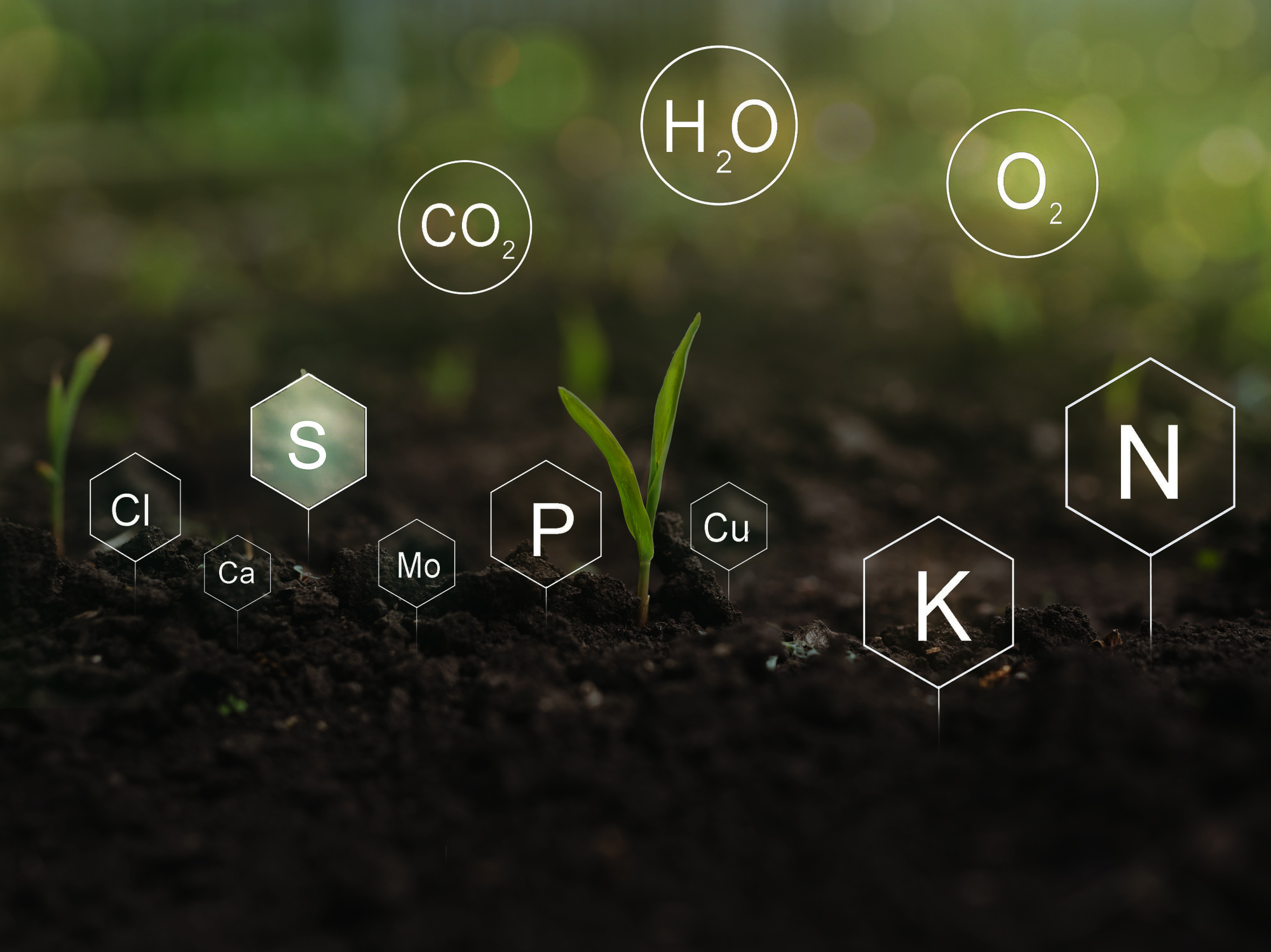By Dr. Libby Rens
All About Sulfur
Sulfur is an essential plant nutrient and one of the six macronutrients a plant needs to survive. The story with sulfur isn’t new, but gone are the days of ‘free’ inputs because 1. clean air standards mean less sulfur is being deposited from the atmosphere, and 2. the sulfur content of a lot of other NPK fertilizers has reduced. At the same time, crop sulfur needs are increasing just as the ‘free’ inputs declined. While the sulfur inputs have reduced, crop yield is continuously increasing – meaning more sulfur is needed to support plant growth and productivity.
with sulfur isn’t new, but gone are the days of ‘free’ inputs because 1. clean air standards mean less sulfur is being deposited from the atmosphere, and 2. the sulfur content of a lot of other NPK fertilizers has reduced. At the same time, crop sulfur needs are increasing just as the ‘free’ inputs declined. While the sulfur inputs have reduced, crop yield is continuously increasing – meaning more sulfur is needed to support plant growth and productivity.
How does sulfur react in the soil, why do crops need sulfur, and what are some considerations for applying sulfur?
Sulfur and the Soil
Sulfur is available to plants as the negatively charged molecule sulfate (SO4-2). Because of its negative charge, sulfate is not held strongly in the soil and is therefore susceptible to leaching, much like nitrate. Additionally, sulfur availability decreases as soil pH reduces below 6.0 and acidity increases. Therefore, regular inputs are necessary for productivity.
Sulfur in surface soil layers tends to be low, particularly in warm, humid regions. Therefore symptoms of sulfur deficiency develop early in the growing season. Like nitrogen, Sulfur is an important building block for proteins, and sulfur nutrition will increase nitrogen uptake and recovery efficiency of plants. Supplying a dose of sulfur during plant establishment will get the crop off to a stronger start until roots reach deeper soil layers.
Sulfur and the Plant

Sulfur is necessary for plant growth and yield, photosynthesis, chlorophyll formation, and nitrogen fixation. For crops like brassicas and onions, sulfur is a primary flavor component. Proper sulfur fertilization ensures you are getting the most out of your nitrogen inputs by increasing nitrogen use efficiency. While sulfate is highly mobile in the soil, it is not mobile in the plant, so symptoms like light chlorosis occur on new leaves first. Sulfur deficiency will lead to reduced plant growth and delayed maturity. The University of Illinois has demonstrated how over 50% of plant sulfur is allocated to the grain itself. The portion tied up in the stem, leaves, and roots is left in the field and may be made available for subsequent crops as it decomposes and returns to the soil.
Practical Sulfate Application
The soil does not do a great job of holding on to plant-available sulfate. Therefore sulfate needs to be replenished every season. Since sulfate is mobile and susceptible to leaching, it is best to apply close to the time of plant uptake – meaning at planting or in season if possible. Seasonal sulfur uptake will vary from crop to crop, so work with your agronomist or extension agent to determine the best rate and timing strategy to use on your farm.
replenished every season. Since sulfate is mobile and susceptible to leaching, it is best to apply close to the time of plant uptake – meaning at planting or in season if possible. Seasonal sulfur uptake will vary from crop to crop, so work with your agronomist or extension agent to determine the best rate and timing strategy to use on your farm.
Intrepid Trio®
Incorporating Intrepid Trio® as part of a custom blend for row crops provides complete crop nutrition for potassium, magnesium, and sulfur. Intrepid Trio® is 100% natural langbeinite, a unique mineral with three essential nutrients in every granule. It provides a long-lasting, readily available low-chloride potassium source (22% K2O), 11% magnesium, and 22% sulfur at a ratio ideal for crops grown in all soils. Intrepid Trio® is also available in OMRI listed grades approved for organic farming.

